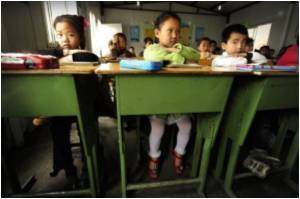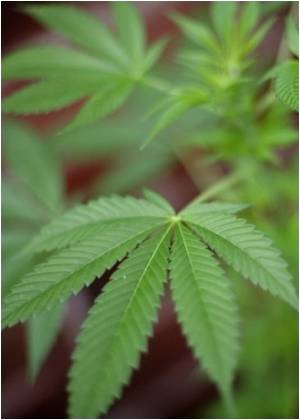Kids exhibit a range of responses to traumatic events, with some suffering acute traumatic reactions that resolve over time and others experiencing long-term symptoms of post-traumatic stress.

In the article "Resilience and Trajectories of Post-traumatic Stress Among Youth Exposed to Disaster," Carl Weems, PhD and Rebecca Graham, University of New Orleans, LA, compare post-traumatic stress (PTS) symptoms among children exposed to both hurricanes Katrina and Gustav and describe the different risk factors and coping styles associated with resiliency to PTS.
Guest Editors Judith Cohen, MD, Drexel University, Philadelphia, PA, and Michael Scheeringa, MD, Tulane University, New Orleans, LA, emphasize the importance of recognizing the similarities and differences in how children and adults react to traumatic events, and the effect that family dynamics and caregivers can have on treatment strategies and their outcomes in the Journal's Editorial.
In another article, authors Richard Meiser-Stedman, PhD, et al., MRC Cognition & Brain Sciences Unit, Cambridge, U.K., and King's College and King's College Hospital, London, caution against using certain cognitive strategies aimed at blocking trauma-related memories in adults and adolescents in the article entitled "Thought Control Strategies and Rumination in Youth with Acute Stress Disorder and Post-traumatic Stress Disorder Following Single-Event Trauma."
In "Perceived Parenting Change and Child Posttraumatic Stress Following a Natural Disaster," Vanessa Cobham, PhD and Brett McDermott, MD, University of Queensland, Brisbane, Australia, identify a link between specific parenting practices and increased risk for PTS symptoms among the children in a household following a natural disaster.
Harold S. Koplewicz, MD, Editor-in-Chief of JCAP, and President, Child Mind Institute, New York, NY, states that there is a "palpable shift in the profession towards considering even sub-threshold PTS symptoms a worthy target of intervention in kids who have experienced a possible traumatic event, such as natural disaster or violence. Even children who do not meet specific criteria in terms of how they response to trauma may warrant care—and this care can be helpful. This work is of particular importance in light of recent school shootings and natural disasters."
Advertisement














